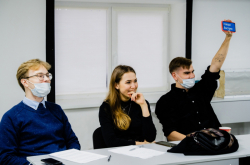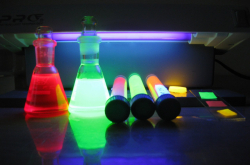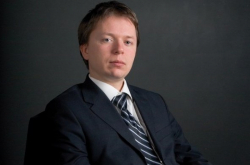Did you go to Finland for an internship or for studies?
It was an exchange semester. Moreover, it was my very first experience of studying abroad. Previously I only attended international conferences. I had a chance to visit Germany, China, and France.
What did you like about studying at Aalto?
A convenient campus, an awesome library with a huge working area, great equipment in the study rooms. I also liked how the professors treated me. They were very friendly, helpful, and ready to answer my questions. The approach to the studies is also something I appreciated. We had a lot of interactive work, and were given a bunch of handouts each class.
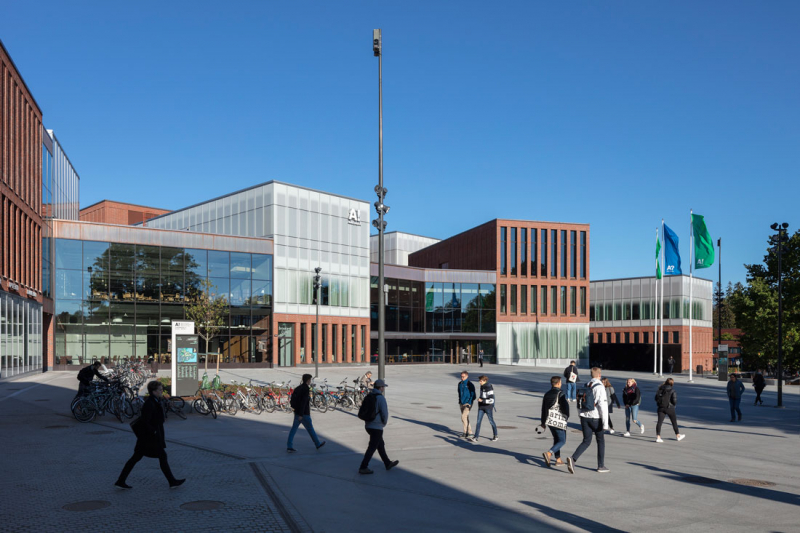
Do you study remotely now? How comfortable is that?
It’s quite comfortable, even though my classes didn’t change much. I’m sort of lucky because I managed to attend most of the offline lectures just in time. Now there are fewer classes. What’s left is taught in Zoom, or it can be passed as a project instead of an exam. The professors took the organization of digital learning very seriously. They even create special platforms for discussions. I’m planning to complete studying as soon as possible, pass all the exams, and go back to my research at ITMO University.
What positive aspects of distant learning can you name?
I think there aren’t many. Of course, for some people it’s an opportunity to spend time on self-education, but for me it didn’t get easier, and no extra free time appeared. Although, I had some time to reflect, to figure out some plans for future opportunities and development. I also had time to prepare a scientific paper that I used to postpone for a long time. This does make me happier.
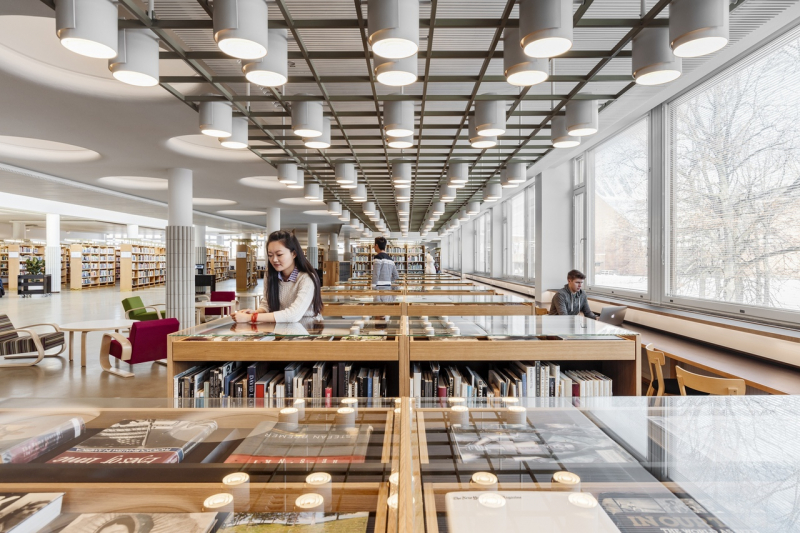
You’ve mentioned your research activities several times. Tell us, what are you researching?
Generation of liquid-based terahertz radiation. Right now we’re researching double-pumping of various liquids, and see how previously arranged ionization affects the efficiency of transforming optical radiation into terahertz radiation.
Is the research paused now?
Not quite. I’m lucky enough to work in science because even in the worst conditions I can ignore all the obstacles on my way to studies and research. I don’t conduct experiments, I’m dealing with modeling, articles, and analytical tasks. So, the virus doesn’t interfere with my research.
I’m happy that I realized the value of research, and decided to become a scientist. Moreover, science inspires me every day, despite the hard tasks. It even inspires me to create popular science comics! I genuinely love what I’m doing, and get emotionally charged by that.



